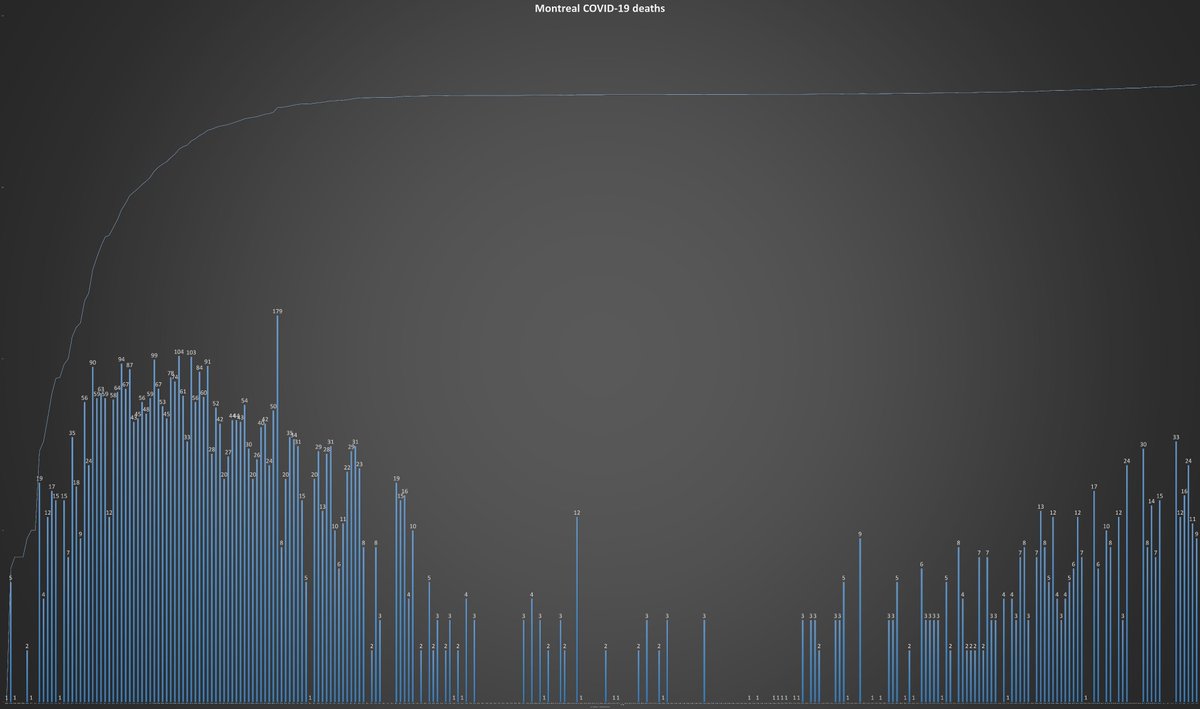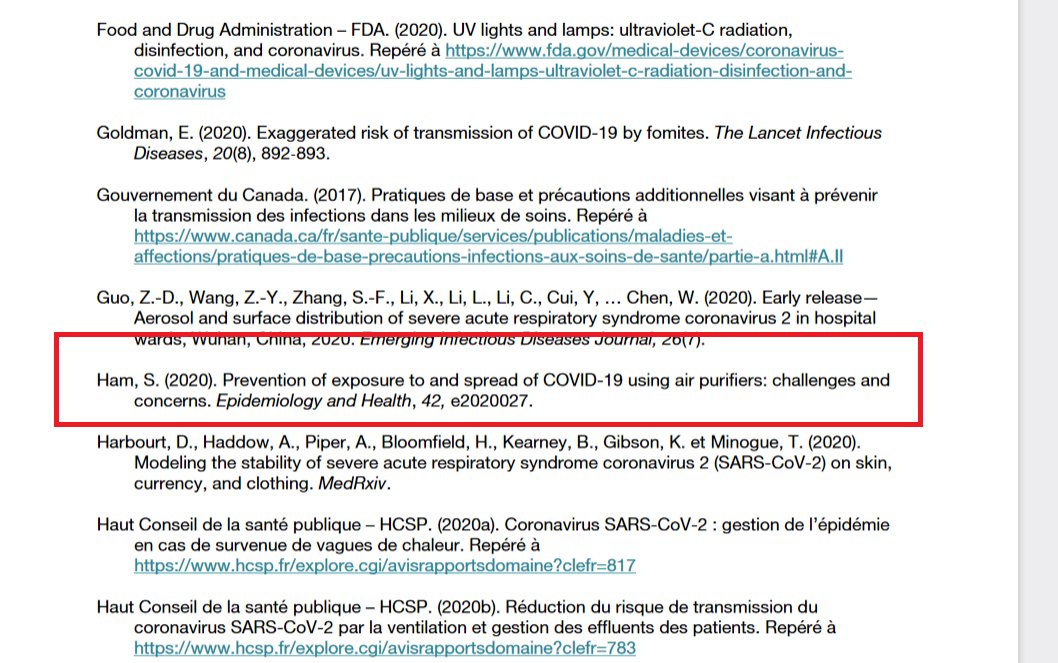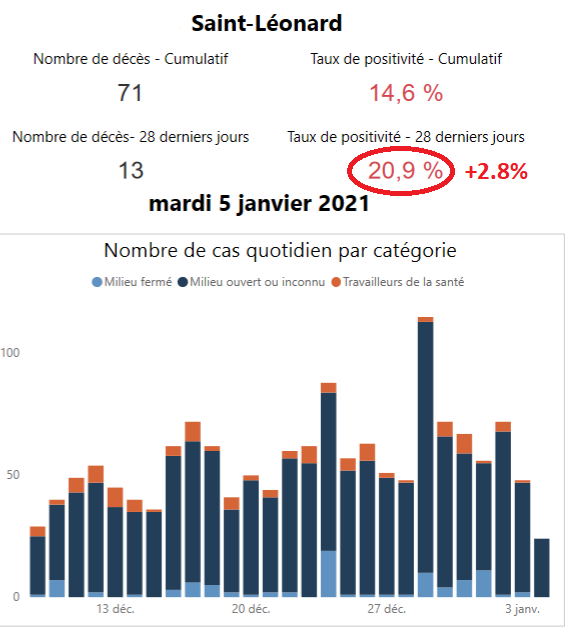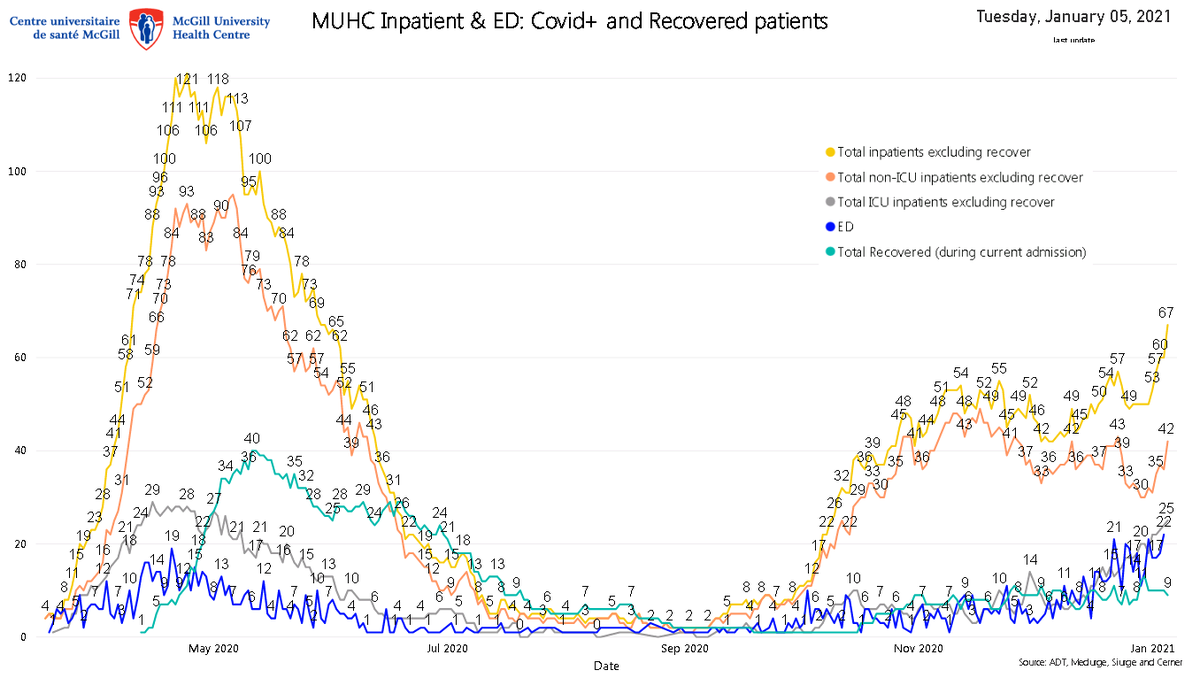
1) Montreal on Saturday shattered a #pandemic record, posting 1,531 (!) #COVID19 cases. This marks the third time this week the metropolis has reported daily totals above 1,100. In this thread, I will try to shed light on the sharply deteriorating situation in the city. 

2) The city’s seven-day rolling average has soared to 50.64 #COVID19 cases per 100,000 residents. That’s double the threshold set by Harvard University’s health experts to require stay-at-home orders. Instead, the city remains open, except for an 8 p.m. curfew, starting tonight. 

3) Montreal’s latest resurgence is by far greater than other regions in the province. Montreal also posted 461 more #COVID19 cases than the more populous city of Toronto. The spike in Montreal is reflected in the fact the positivity rate in one borough, Saint-Léonard, is 20.9%.
4) For the first time in the #pandemic, nine health districts in Montreal each posted single-day tallies of more than 100 infections, underscoring the widespread contagion. Rivières-des-Prairies, Anjou and Montreal East posted nearly 200 #COVID19 cases. See the chart below. 

5) Although #COVID19 hospitalizations dipped by 11 to 1,392, it’s likely they'll keep rising. In the first wave, swamped city hospitals sent some patients to off-island centres, but those centres are now full. That’s why adult patients are to be treated in children’s hospitals.
6) One of the potential side effects of the nightly curfew is that Montreal’s notorious emergency room overcrowding might start to decline in the evenings, a veteran nurse told me. But that might result in busier ERs during the days. Please see the chart below. 

7) Although authorities have so far inoculated a total of 21,904 people in Montreal against #COVID19, including finally ER nurses, the pace of vaccination is still not fast enough to counter the latest resurgence. This is largely the federal government’s responsibility.
8) Finally, Quebec declared 41 more #COVID19 fatalities, raising the province’s death toll to 8,647 — by far the highest in Canada. The #pandemic claimed the lives of nine more Montrealers. By the middle of next week, Montreal’s death toll will likely cross the 4,000 mark. 

9) It’s against this backdrop of widespread contagion and depleted health-care resources that elementary school students will return to class on Monday and high school students on Jan. 18. For most of them, the curfew won’t make a difference. End of thread.
• • •
Missing some Tweet in this thread? You can try to
force a refresh







